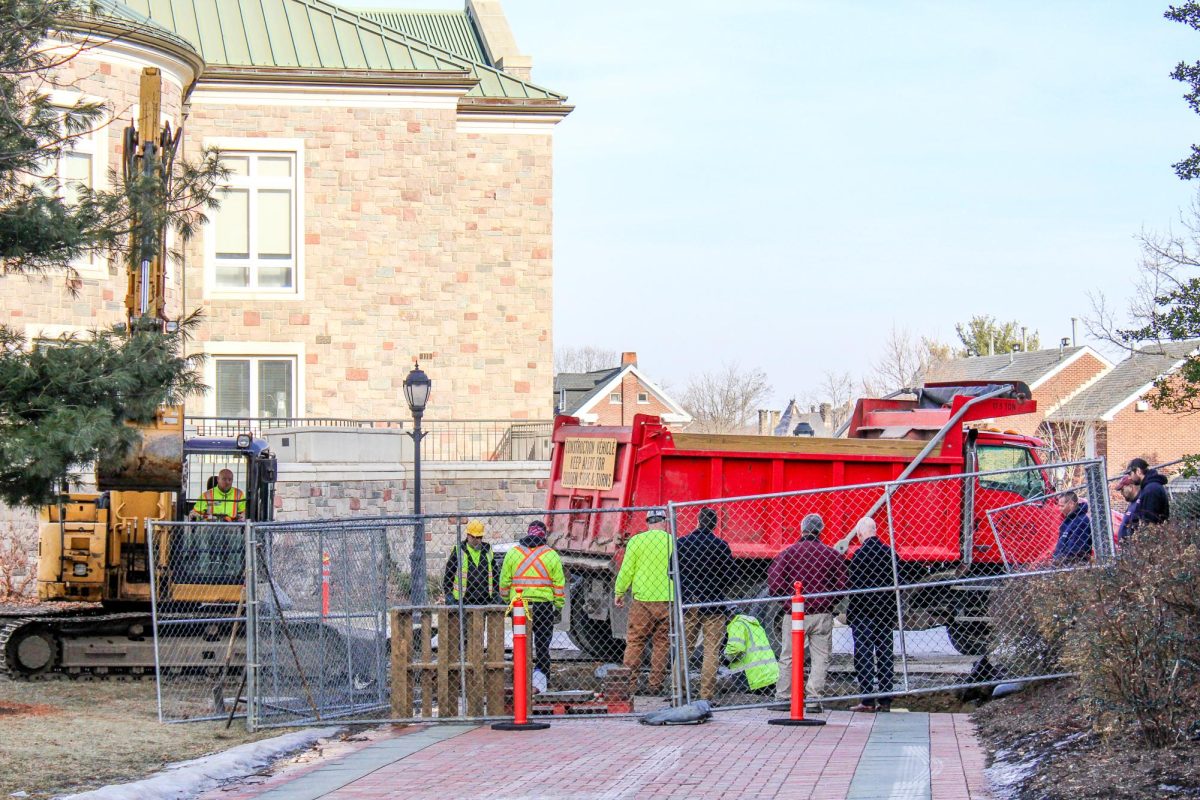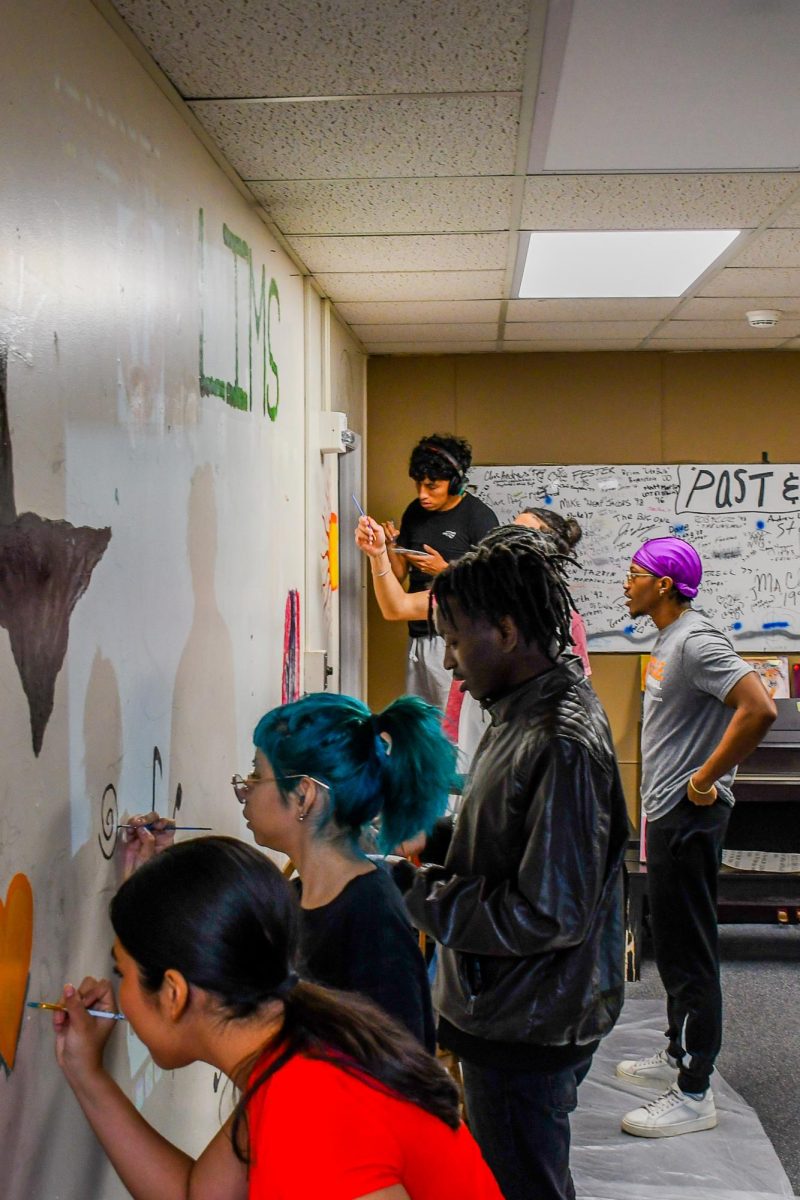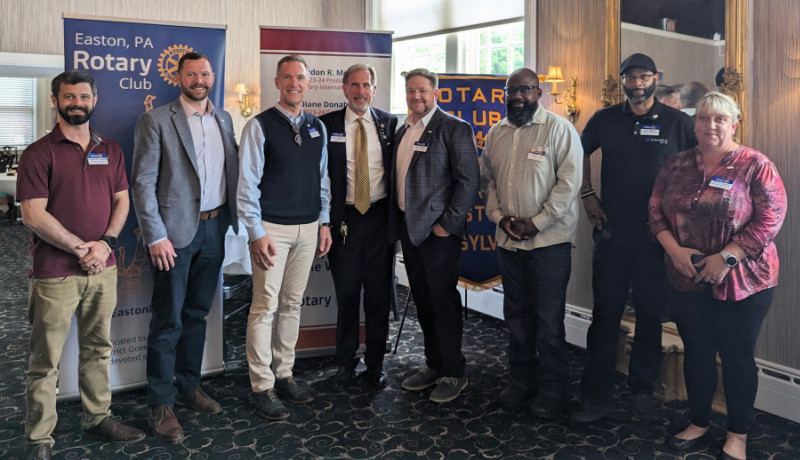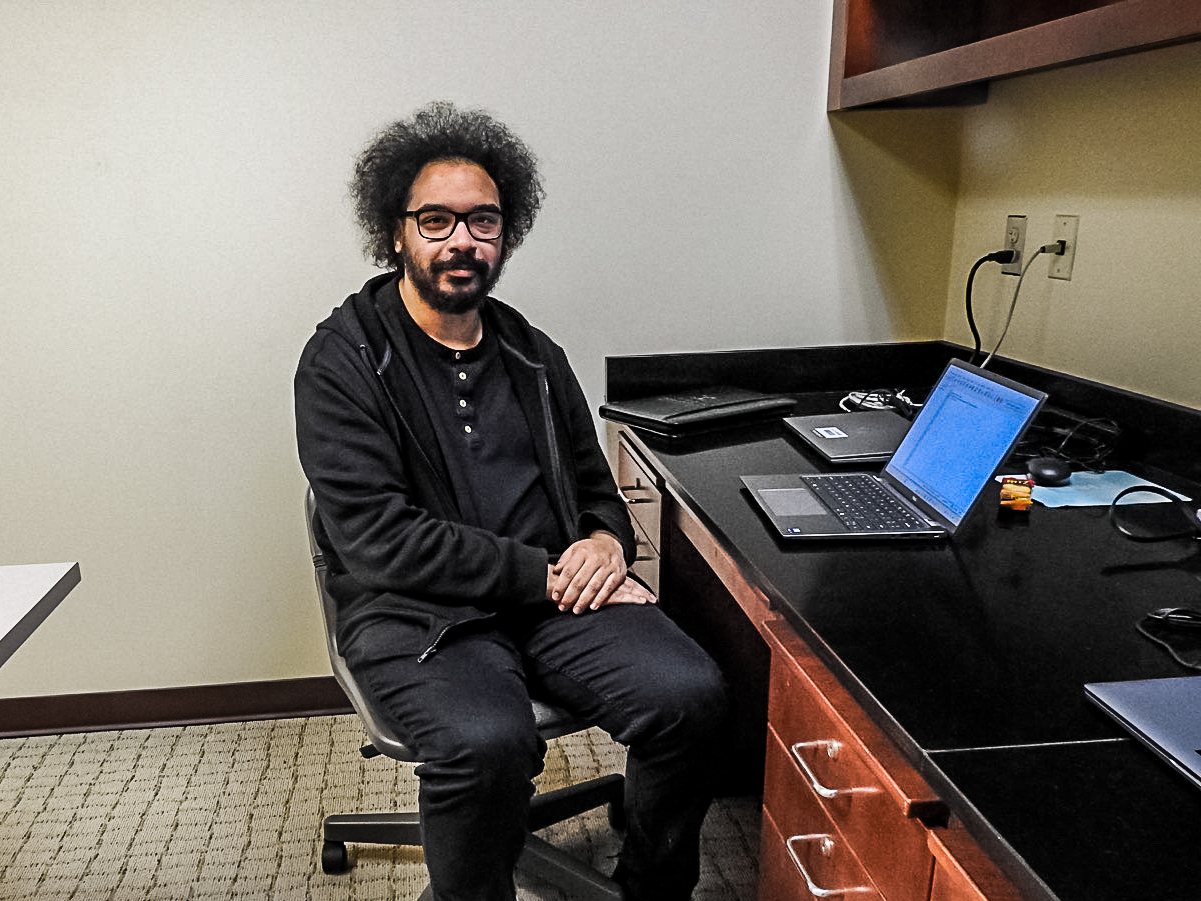By now you have most likely heard of ChatGPT, the innovative artificial intelligence (AI) application. ChatGPT was released in Nov. 2022 by the company OpenAI and has since captivated users with its impressive capabilities. New technology is always exciting, but it also tends to produce new ethical problems requiring serious consideration. Educational institutions in particular have raised alarm about the ethical issues surrounding ChatGPT. Original academic work is indeed threatened by rapidly improving AI technology, so it is critical for the Lafayette community — students, faculty and the administration — to determine the extent to which AI technology could be appropriately incorporated on campus. I propose that ChatGPT and other AI applications should be welcomed into academic life, contingent upon the adoption of a comprehensive framework to guide usage.
Technology is powerful. In the abstract, it is baffling that we are capable of creating things more powerful than ourselves. Yet this is the nature of our existence: we possess capabilities to an extent, after which point we develop technologies to help us survive and operate more efficiently. Technology can be simply defined as any kind of tool, tangible or intangible, that makes life more productive.
Whenever a great technological innovation is unveiled, there are always two key questions to ask: how can the technology be used to improve the human condition? And perhaps more importantly, how can destructive uses of the technology be prevented? The college would best ponder these questions when crafting a plan.
The possibilities with AI are awesome. Imagine, for example, that sophisticated AI models were to be programmed into academic databases like JSTOR or EBSCOhost. Conducting research would be incredibly easier and more accessible, and it could even be extended to high school and middle school curricula. With regard to ChatGPT, its advanced natural language processing capabilities allow it to handle a variety of tasks, from answering questions to generating content, freeing up time for humans to focus on more strategic and creative endeavors. Additionally, ChatGPT’s ability to learn from previous interactions and provide consistent and accurate responses helps to streamline processes and improve efficiency. In an ever-evolving technological landscape, the integration of ChatGPT into workflow can provide a significant boost to productivity, allowing organizations to remain competitive and thrive in the digital age.
The principal concern with AI technology is the prospect that it could render original work obsolete. The framework for usage would thus emphasize that AI-generated content should never be a substitute for original academic work. To be fair, I am not aware of how plagiarism checkers would be able to identify AI-generated content. The best safeguard as of now relies on the fact that most AI applications are not yet sophisticated enough to produce sound papers.
I urge Student Government, faculty and the administration to carefully consider how to move forward with AI technology prior to the 2023-2024 academic year. Whether or not the applications like ChatGPT are prohibited is less important than having the conversation in the first place. To roundly dismiss AI without considering its legitimate value would be supremely unfortunate.
(By the way, most of the fourth paragraph was written by ChatGPT!)
Michael Antonacci ‘24 is a junior majoring in Government & Law and Economics. He volunteers with the Landis Center and is a member of Delta Tau Delta fraternity.


































































































